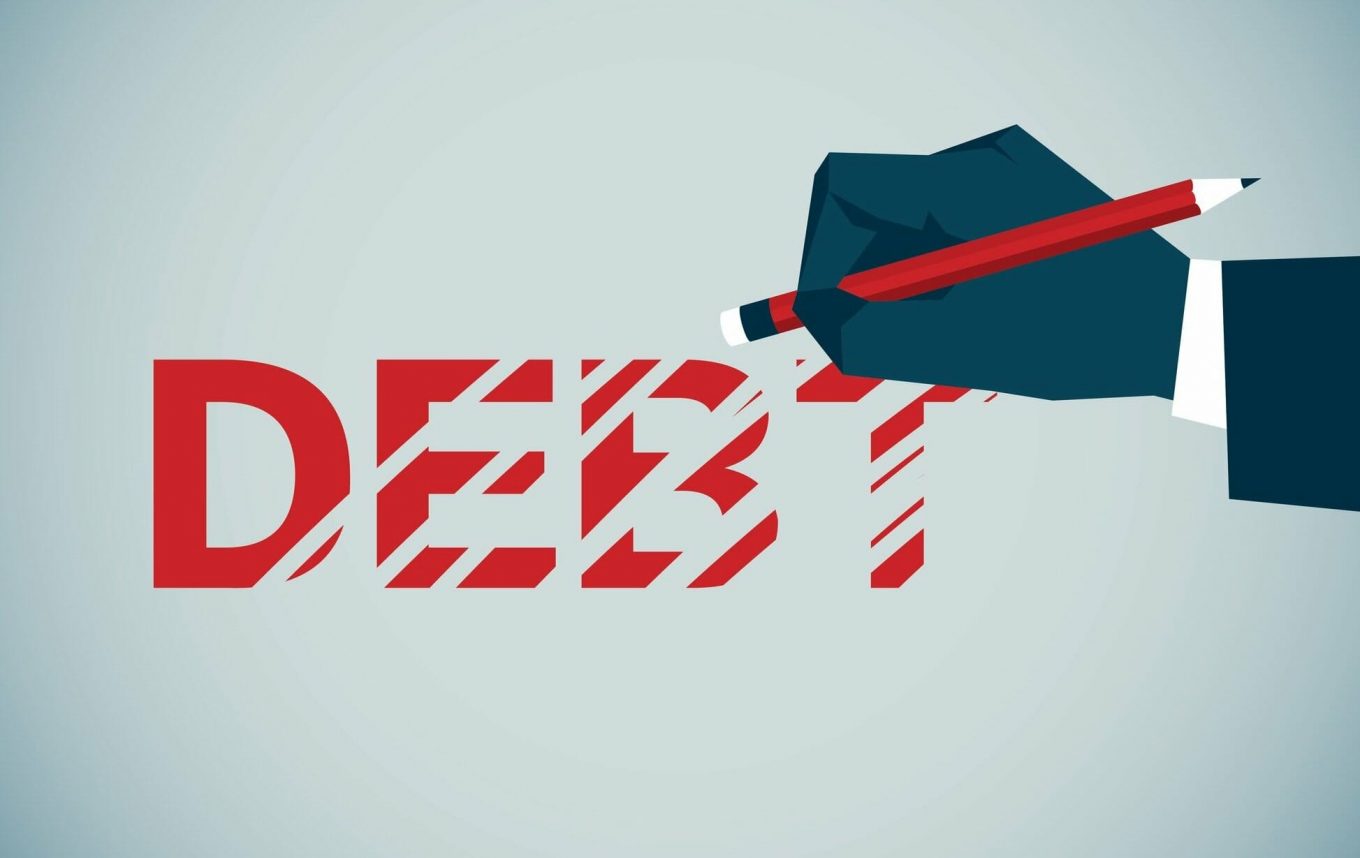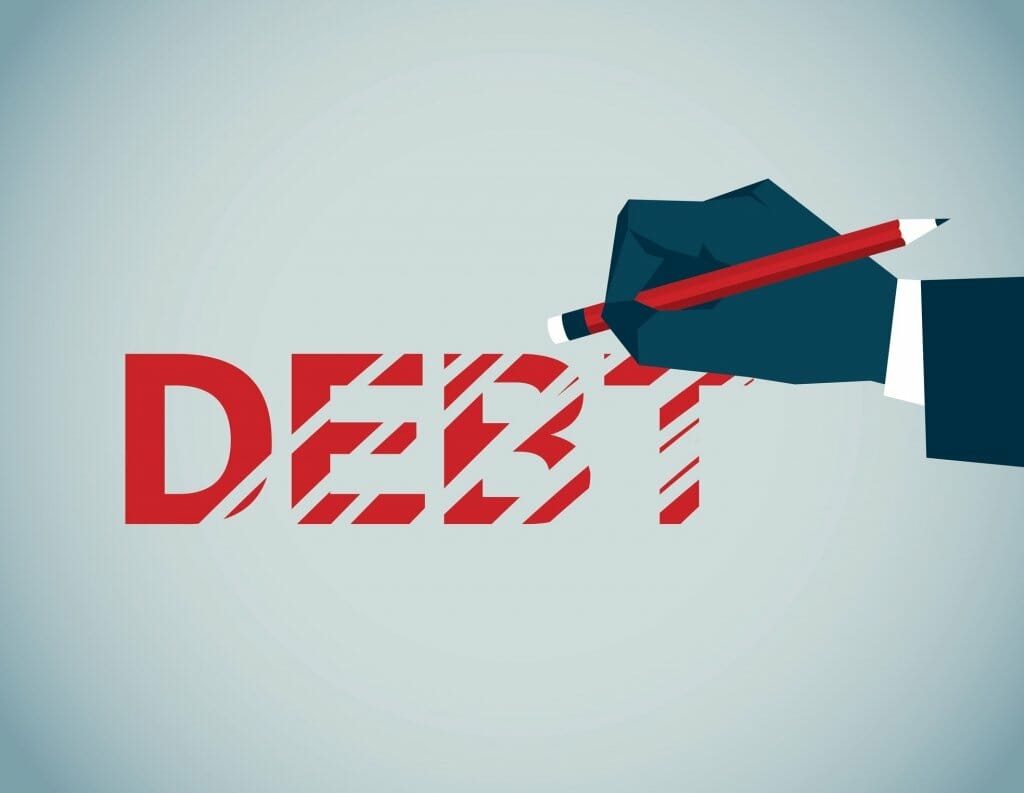
Debt. It’s a little word that conjures up a host of emotions. Whether you’re in a budget crunch or you want to avoid one, you need to keep a handle on your financial obligations. We’ll explore four time-tested options for managing your bottom line so you can decide which course of action works best for you. Armed with this helpful advice, you’ll know how to handle your debt.
The Old Fashioned Pay-Off
When you’ve had it with that pile of bills, it’s time to think about paying them off. Financial guru Dave Ramsey’s Baby Steps program is an easy-to-understand series of steps to eliminate debt. You start with your smallest bill and work your way up. This strategy has a big reward at the end, too — a heaping helping of pride for a job well done.
Find quick ways to bring in a bit of extra cash each month, such as a side hustle or an online garage sale. If you’re creative, open an Etsy store and put all the extra money you earn toward your bills. In no time at all, they will vanish right before your eyes, and who knows? Maybe that passion of yours will turn into a fulfilling full-time gig.
Get Credit Counseling
If you’re struggling to make ends meet, you may not know where to turn for help. Consider talking to a credit professional. Loaded with real-world strategies for managing debt, credit professionals offer a variety of relief options and may provide these services for free.
A certified credit counselor will show you a clear picture of your financial situation and will put together a realistic budget that you can live with based on the results of an assessment. Credit counseling isn’t a quick-fix solution. Be ready to put in a couple of months to sort out your debt.

Debt Settlements
A debt settlement is created when a lender agrees to accept less than the full balance due on your account, as long as you make a substantial lump-sum payment. This strategy works well with a variety of scenarios, such as unpaid medical bills. You may end up paying just 60 to 80 percent of your original balance. While it’s possible to negotiate with creditors on your own, having a debt settlement company on your side will get you the best results.
File for Bankruptcy
Bankruptcy can be complicated, but it’s a viable solution for handling your debt. This last-ditch strategy may be the best choice when other options fail to get you out of a stressful financial circumstance. Sometimes a fresh start is worth the restrictive conditions of bankruptcy. There are two basic types to choose from: Chapter 7 completely cancels your bills, while Chapter 13 sets up a 3- to 5-year repayment plan. With Chapter 7, you can even get a bankruptcy car loan down the line to help rebuild your credit score.
When handled responsibly, debt can be used to buy a home and get a college education. However, it’s escalating among U.S. consumers at a dangerous pace, putting generations at financial risk. With these four strategies for handling your debt, you’ll stay on the good side of credit.
This is an article provided by our partners network. It might not necessarily reflect the views or opinions of our editorial team and management.
Contributed content

Founder Dinis Guarda
IntelligentHQ Your New Business Network.
IntelligentHQ is a Business network and an expert source for finance, capital markets and intelligence for thousands of global business professionals, startups, and companies.
We exist at the point of intersection between technology, social media, finance and innovation.
IntelligentHQ leverages innovation and scale of social digital technology, analytics, news, and distribution to create an unparalleled, full digital medium and social business networks spectrum.
IntelligentHQ is working hard, to become a trusted, and indispensable source of business news and analytics, within financial services and its associated supply chains and ecosystems










